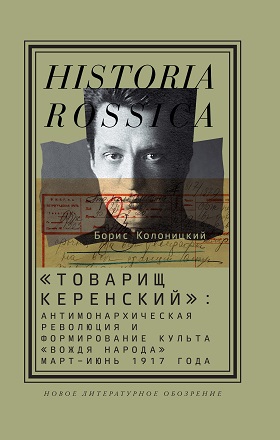
Annotation: The loyal subjects of the Russian emperor were supposed to not only honor their sovereign, but also love him. The emperor and his family members were supposed to awaken the people's love through their actions, which were demonstrated with the help of elaborate rituals of royal travel, awards ceremonies, official speeches and informal meetings, widespread portraits, and patriotic poems. During World War I, the awakening of the people's love became the most important element of the monarchist-patriotic mobilization of Russian society. In his new book, Boris Kolonitskii examines how several members of the imperial family – Tsar Nicholas II, Empress Alexandra Feodorovna, Supreme Commander-in-Chief Grand Duke Nikolai Nikolaevich, and Empress Dowager Maria Feodorovna - attempted to increase their popularity. The author also explores how images of the Romanovs were perceived by society in this period. Numerous sources provide the basis of Kolonitskii’s study, including petitions, the diaries and letters of contemporaries, and criminal cases brought against those accused of insulting members of the royal family.





